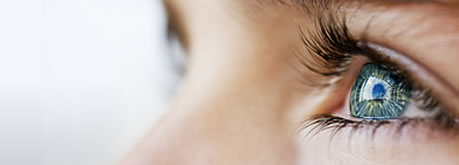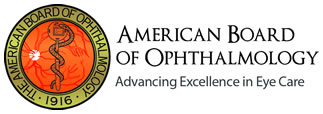Botox
Offering the Latest in Oculoplastic Care
Post-Mohs Reconstruction
We work closely with local dermatologists and Mohs surgeons to provide aesthetic reconstruction after skin cancer removal.
Blepharoplasty
Blepharoplasty (eyelid surgery) can improve vision issues while also helping patients achieve a more youthful and rejuvenated appearance.
.
Brow Lifts
A brow lift can improve the appearance of the forehead, brow and eyes and help patients achieve a more refreshed appearance.
Tear Drainage System Surgery
By creating a new drainage pathway, this surgery helps relieve excessive tearing and improves eye comfort and vision.
Orbital Surgery
Our team is skilled in reconstructive and cosmetic procedures to enhance aesthetics, and ensure optimal eye health and vision.
Botox®
Botox treatments can be utilized to treat medical conditions or to diminish fine lines and reduce the signs of aging around the eyes.
Tucson Eye Care
520-722-4700
FAX
520-722-4800
Camp Lowell Surgery Center
520-618-6058
Tucson Surgery Center
520-731-5500
All Rights Reserved.
Phone: 520-722-4700
FAX: 520-722-4800
4709 E. Camp Lowell Dr.
Tucson, AZ 85712
(View Map)
4709 E. Camp Lowell Dr, Tucson, AZ 85712 (View Map)
Phone: 520-722-4700 - FAX: 520-722-4800











